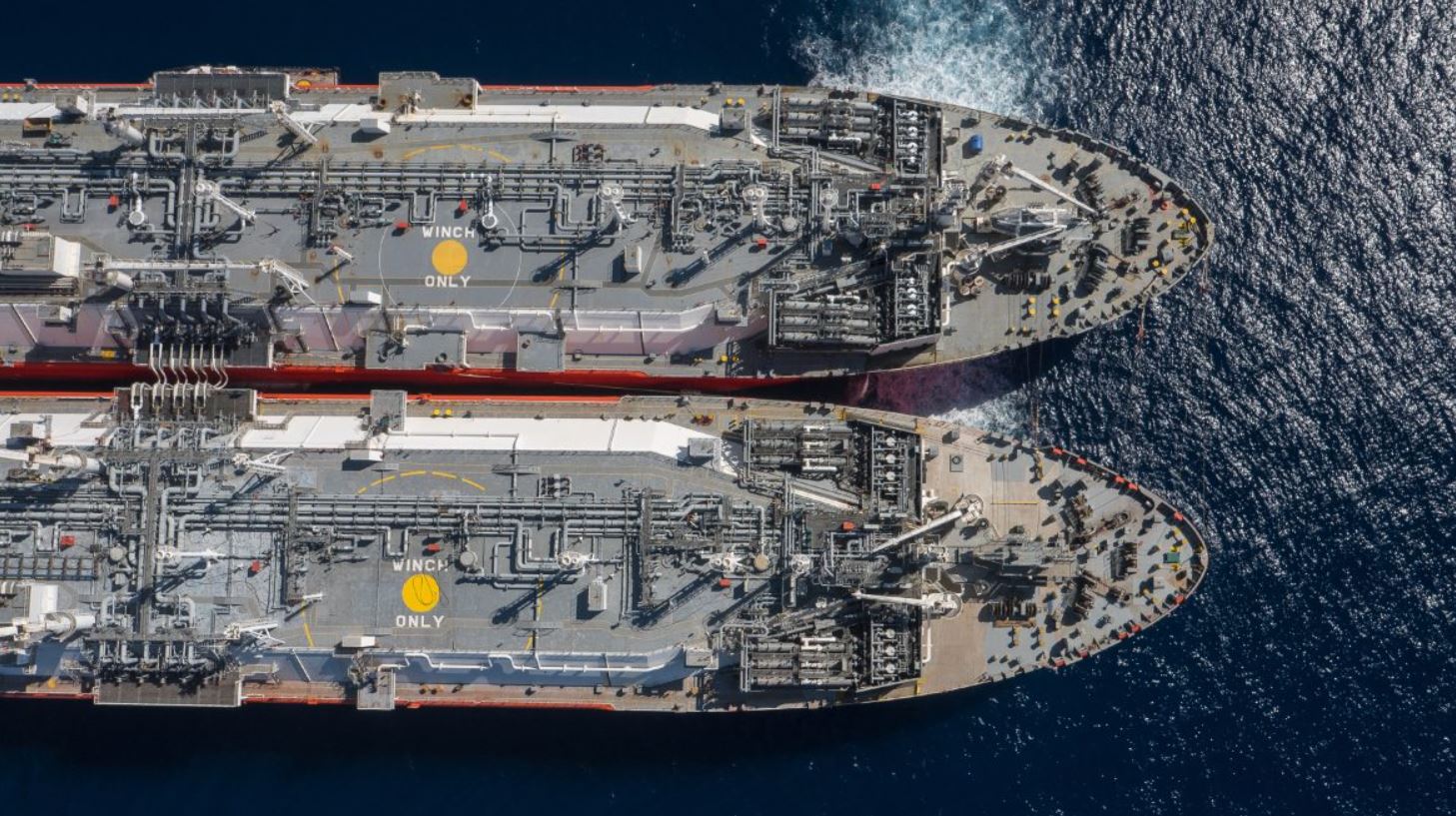US floating LNG player Excelerate Energy has signed a five-year contract with Germany to charter its FSRU Excelsior for the Wilhelmshaven project being developed by E.ON, TES, and Engie.
This deal follows a term sheet Excelerate signed with Engie for the deployment of an FSRU for the the Wilhelmshaven project.
This is the fifth FSRU-based facility backed by the German government.
Germany currently has no regasification facilities but it should start importing LNG later this year via the Uniper-led Wilhelmshaven LNG terminal and RWE’s Elbhafen LNG terminal in Brunsbuettel, as well as the first private German FSRU-based facility in Lubmin.
FSRU Excelsior to go on charter in Q1 2023
Excelerate’s president and CEO, Steven Kobos, and Patrick Graichen, State Secretary at the Federal Ministry for Economic Affairs and Climate Action (BMWK) signed the charter deal in Berlin on Tuesday, according to a statement.
BMWK previously selected the consortium consisting of TES, E.ON, and Engie to jointly develop and implement Germany’s fifth FSRU import terminal.
The FSRU will accelerate the development of TES’ green hydrogen terminal at Wilhelmshaven.
Under the terms of the agreement, the FSRU Excelsior would go on charter in the first quarter of 2023, Excelerate said.
The 2005-built 138,000-cbm Excelsior, which has a sendout capacity of 5 bcm/y, would go to drydock at the end of 2022 for scheduled maintenance prior to its deployment to Germany, it said.
Excelerate previously planned to deploy this FSRU to serve the Vlora LNG project in Albania after the unit completes its contract in Israel.
This is the second FSRU Excelerate chartered to European firms this year.
Excelerate’s 150,900-cbm FSRU Exemplar should start serving Finland, Estonia, and other Baltic countries later this year under a 10-year charter deal with Gasgrid.
“The deployment of the FSRU Excelsior to Germany demonstrates our commitment to strengthening energy security at a time when traditional energy sources have proven unreliable,” Kobos said in the statement.
“FSRUs have the ability to offer flexible access to greater supply diversification and can serve as a complementary backstop for the rapid scaling of green energy projects. These benefits are consistent with the stated goals of the U.S.-EU task force on energy security,” he said.

